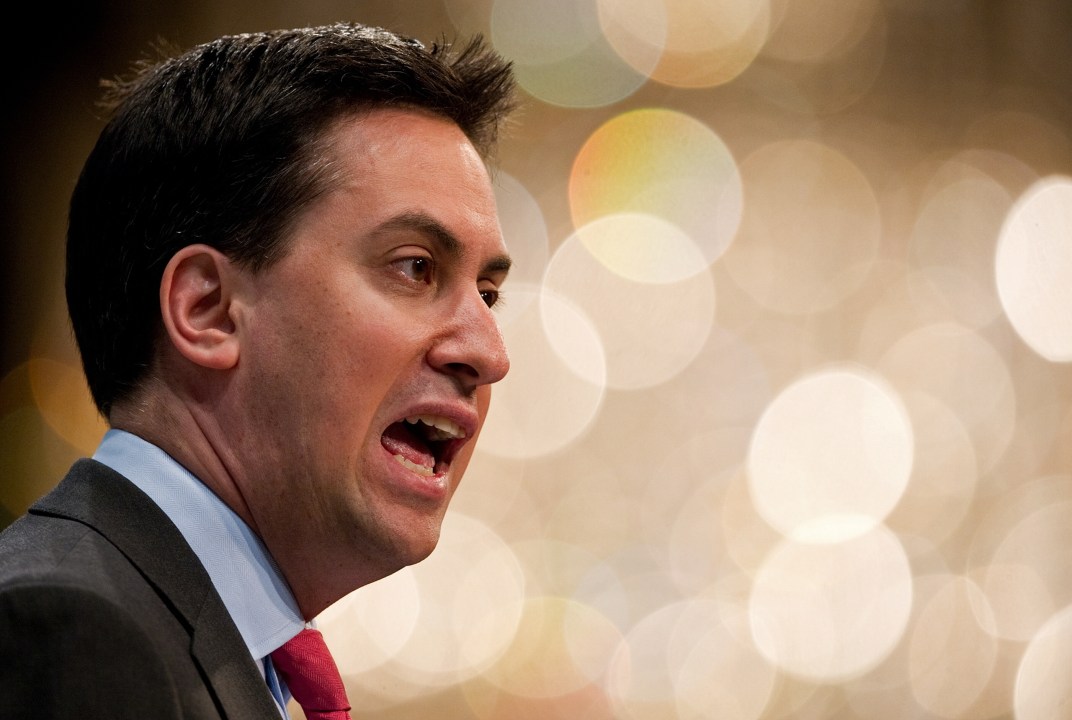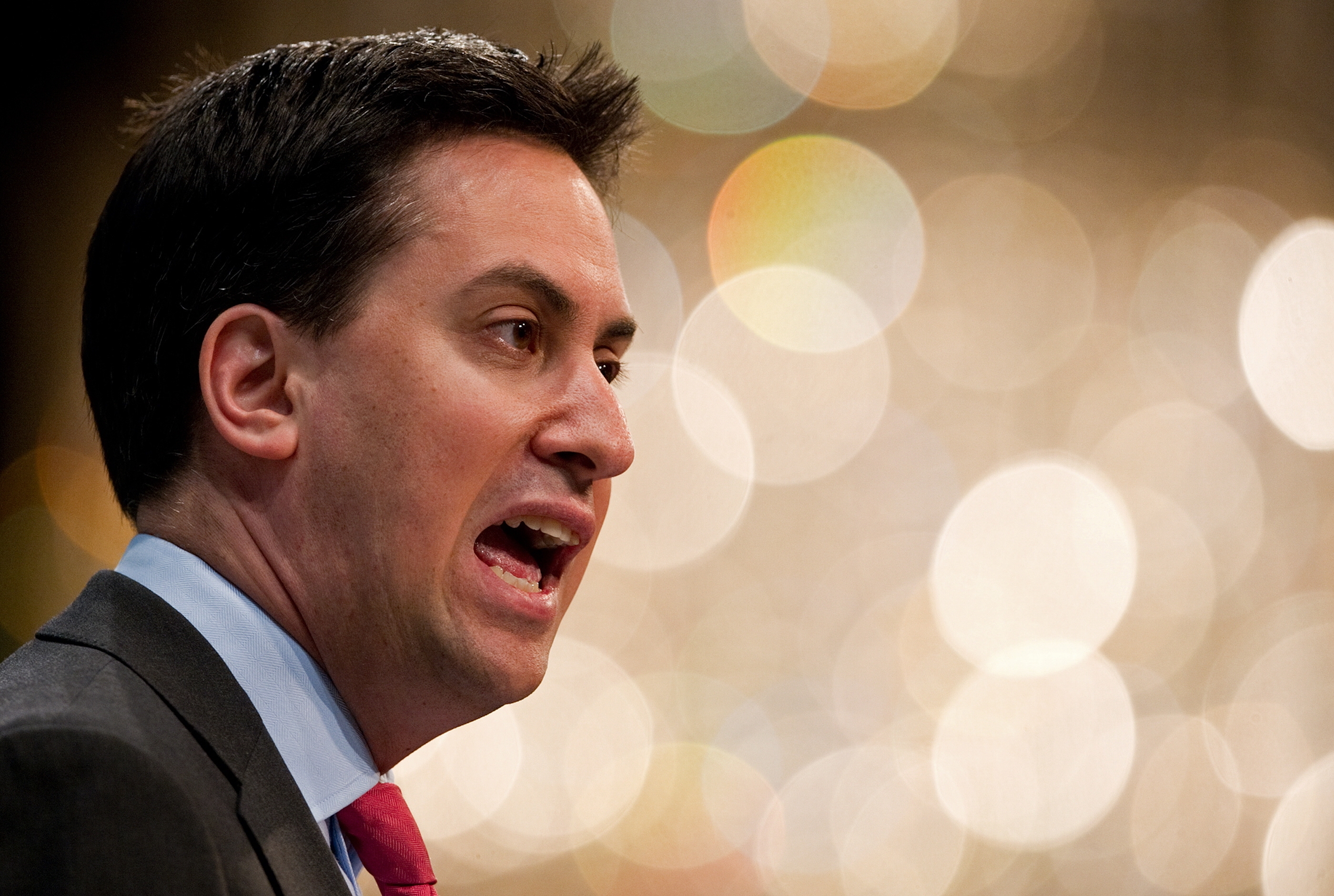 On the surface, there are one or two baubles to delight a Labour supporter: their party
leader has just had a second son, of course; they are pushing ahead of the Tories in a number of polls; and the
coalition will surely come under sustained and heavy attack as the cuts make themselves felt. But strip back the gloss veneer, and Labour has some agonising problems to worry about.
On the surface, there are one or two baubles to delight a Labour supporter: their party
leader has just had a second son, of course; they are pushing ahead of the Tories in a number of polls; and the
coalition will surely come under sustained and heavy attack as the cuts make themselves felt. But strip back the gloss veneer, and Labour has some agonising problems to worry about.
Chief among those problems – as I’ve written before – is their uncertain message on the economy, stretching into an uncertain policy prospectus overall. Just what do Labour stand for? Then there’s the simmering resentments between teams Ed and David, with the Balls axis looking to capitalise in between. And James identifies another in his politics column for the magazine today: that Miliband’s Labour is in danger of becoming invisible.
When Labour is visible, the result is often unflattering. Take the Times’s new series (£) on the “fall of New Labour” – a subject that will hardly be greeted with enthusiasm by the members of the, ahem, “new generation”. Today it’s all about the party’s peculiar system for electing their leader, which means plenty of bitter quotes from Blairites about how the unions delivered Ed Miliband to the throne. But some of the most insistent demands for change come from Miliband’s own ministers. For instance, Alan Johnson describes the current set-up as “wrong,” and calls for a “one-member one-vote” approach.
It would be easy to play up Johnson’s words as another policy divide between himself and Ed Miliband. After all, he’s calling for an overhaul of the system that brought his party leader to power under controversial circumstances. But, in truth, there are signs that MiliE is persuaded of the idea that Labour needs to reform itself, and sees it as means of unsticking the “Red Ed” label. At the party’s National Policy Forum in Gillingham, he will announce that he is establishing a commission on reforming the party. Liam Byrne expects the rules for leadership elections to be “on the table”.
And so we reach another minor irony in today’s politics. In 13 years of power, the modernisers never quite got round to the party reforms which would have curbed the unions’ power. It lost their man the leadership election. Instead, the task might fall to the candidate the unions elected.







Comments